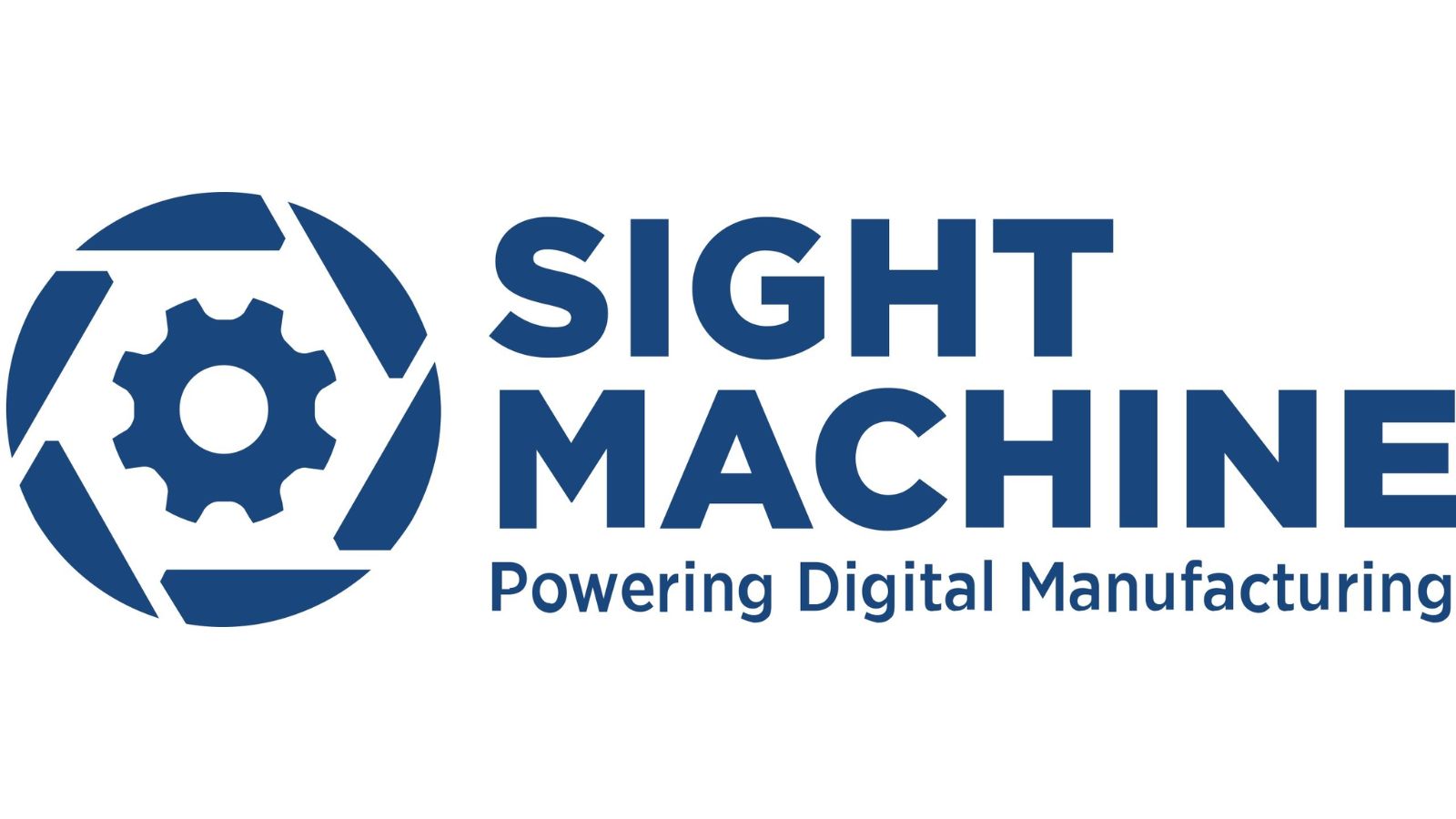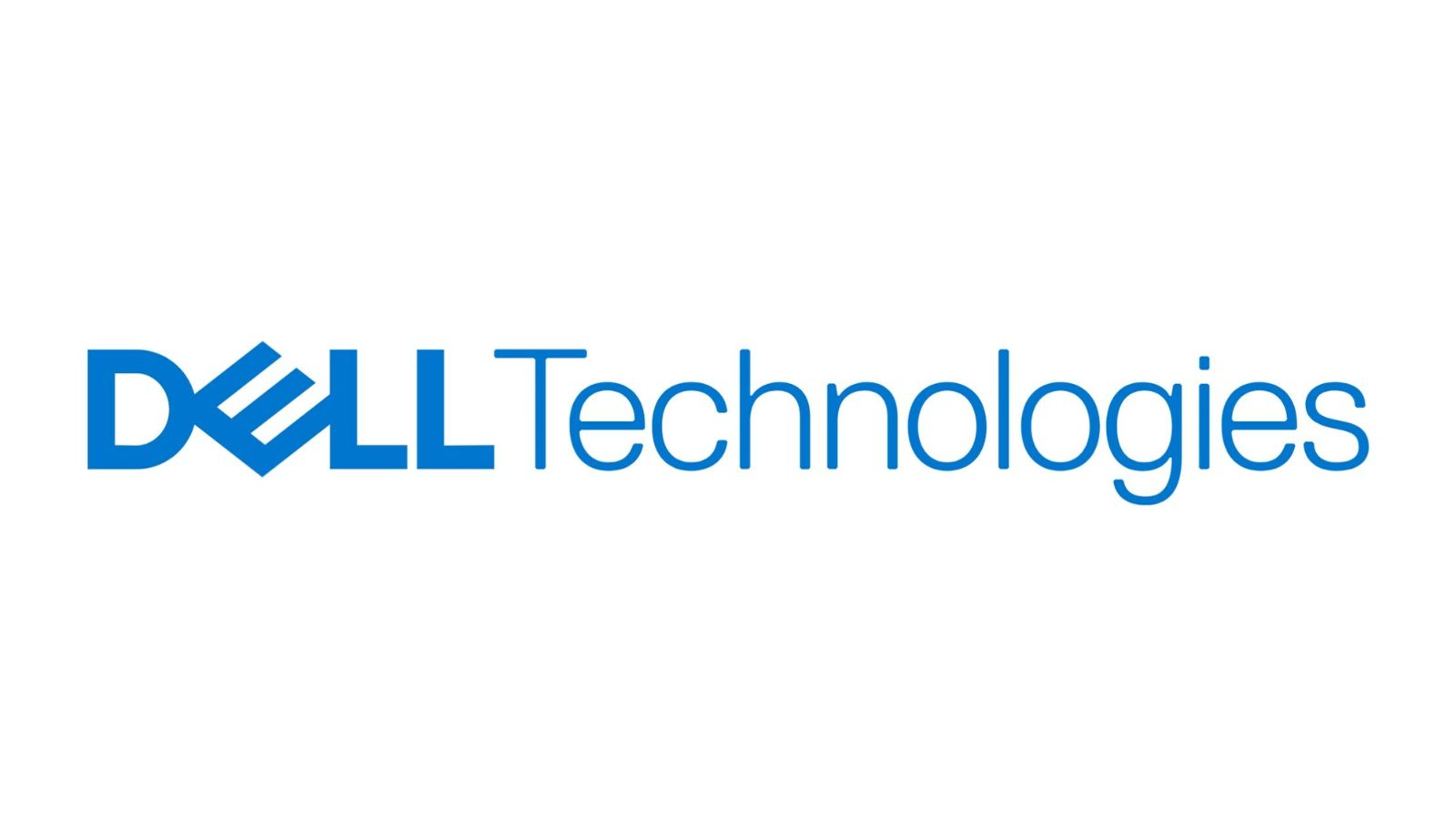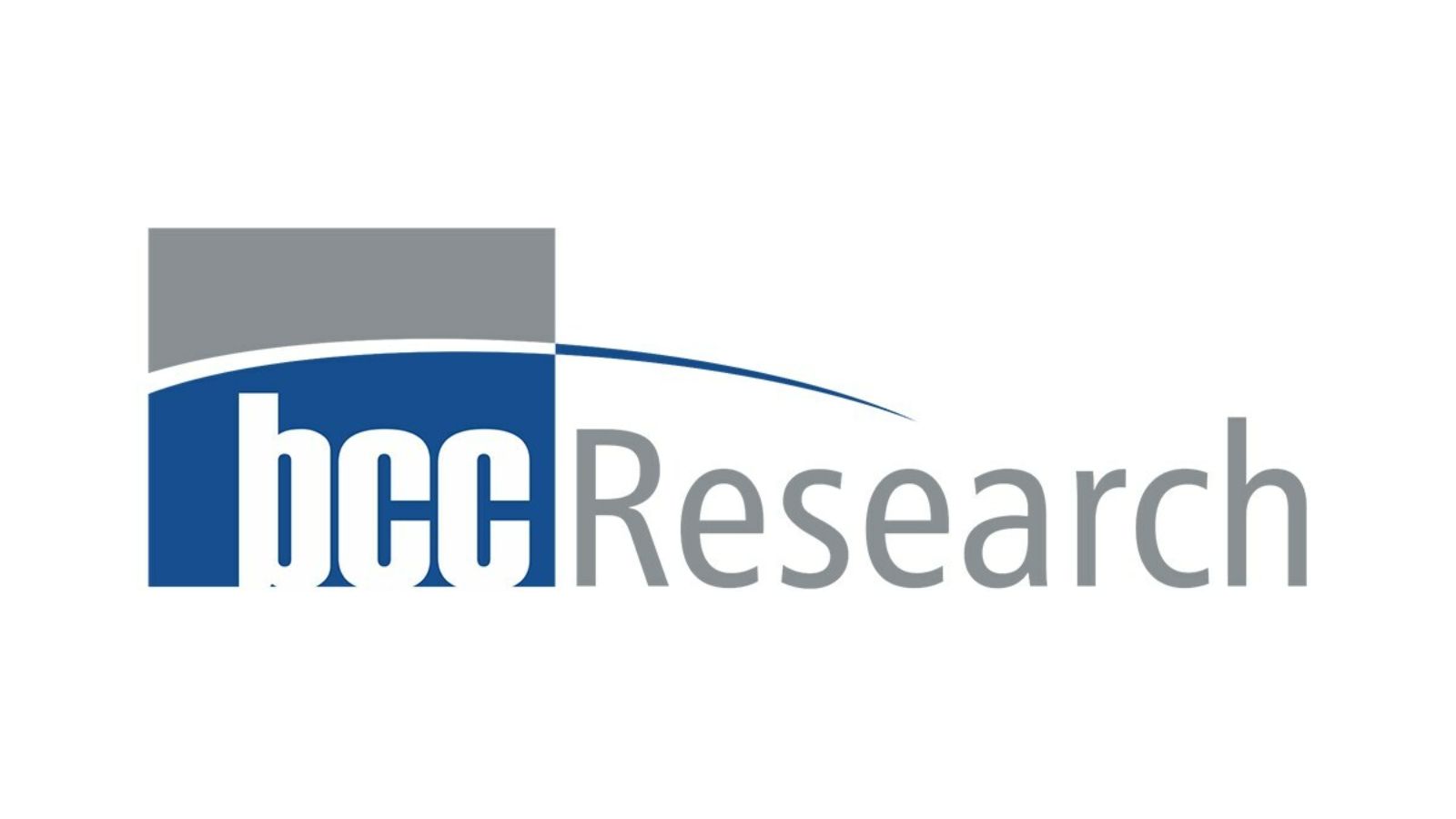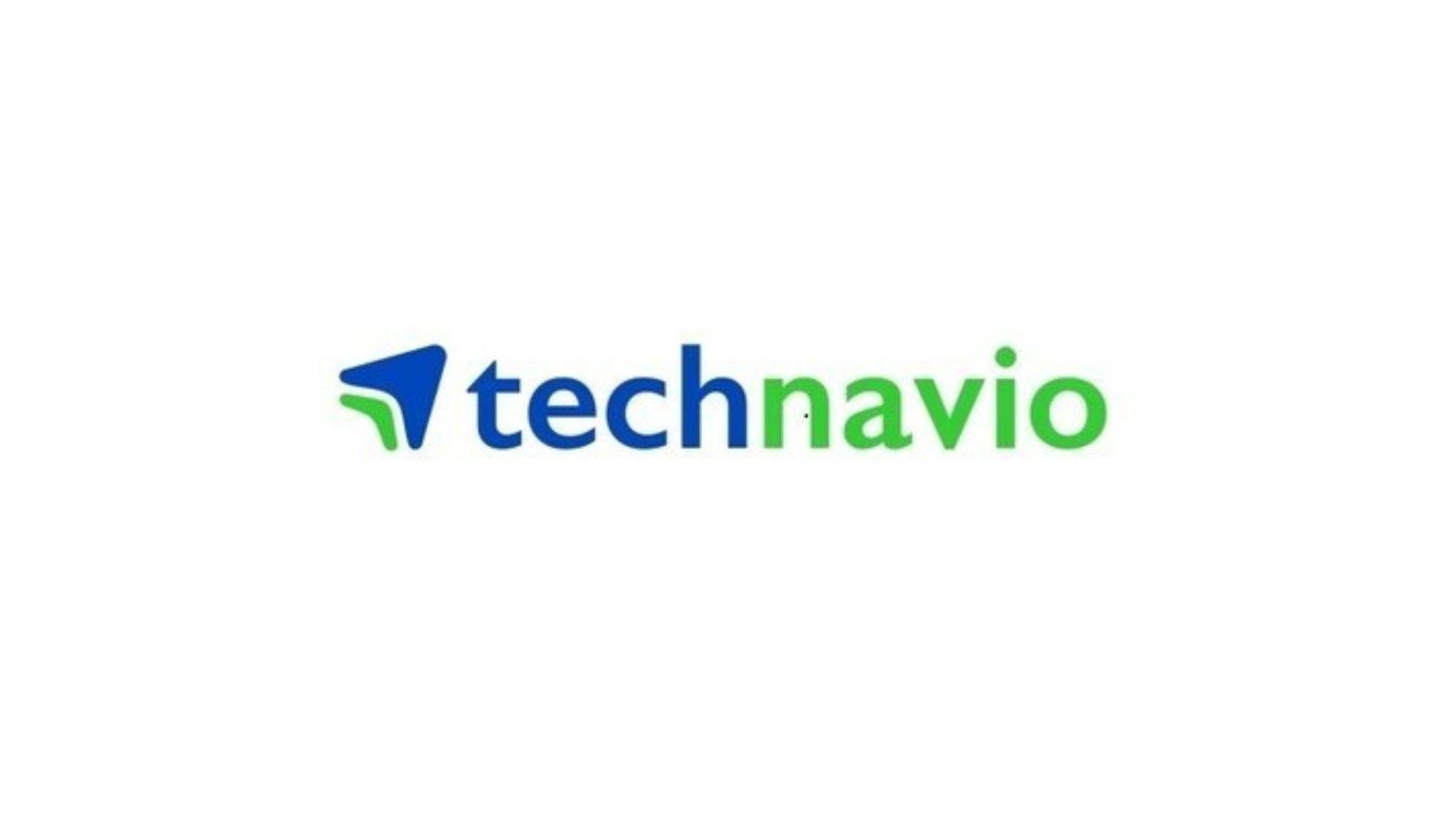– The collaboration aims to enhance the speed and quality of large scale, high-throughput collaborative research, both internally at Lantern Pharma and with external research partners
– Lantern expects the Code Ocean platform to increase the speed, security, and reproducibility of data curation, code and algorithm development, and drug discovery processes
Lantern Pharma (NASDAQ: LTRN), a clinical stage biopharmaceutical company using its proprietary RADR® artificial intelligence (“A.I.”) platform to transform the cost, pace, and timeline of oncology drug discovery and development, today announced a collaboration that will power A.I.-driven computational research for oncology-focused drug discovery and development with Code Ocean, the leading computational research environment for sharing scientific discoveries. By leveraging Code Ocean’s Compute Capsule® technology, the strategic approach is expected to further power Lantern Pharma’s RADR® platform for faster, more collaborative discoveries from billions of RADR® data points, as well as data and insights from Lantern’s network of collaborators.
Computational researchers today are challenged with analyzing big data due to too many disparate tools, lack of specialized coding experience, and challenging, cumbersome DevOps processes required to organize and securely share research. Through this collaboration, Lantern Pharma is expected to benefit from significant efficiencies in development time and cost, as well as increased reproducibility from Code Ocean’s platform. The Code Ocean platform will offer an easy to use, collaborative research experience with an integrated development environment, secure repository, and portable Compute Capsule® technology for guaranteed reproducibility.
“I’m thrilled to be working with a leading-edge technology partner like Lantern Pharma,” said Simon Adar, Co-Founder and CEO of Code Ocean. “This collaboration truly enables large-scale, high-throughput collaboration both internally at Lantern and also with their leading research partners to accelerate the pace of oncology drug discovery.”
“It’s clear that science and discovery need to be fully integrated using the latest tools and technologies to reduce costs, speed-up development, and increase probability of success,” said Panna Sharma, President & CEO of Lantern Pharma. “We selected Code Ocean as we believe this collaboration will provide our scientists, researchers, data engineers and collaborators with a best-in-class, reproducible and highly secure platform environment to maximize the power and usability of our RADR® A.I. platform to improve and enhance the research experience. Bringing together our proprietary A.I. with Code Ocean’s Compute Capsule® technology we believe will allow us and other researchers to take collaborative drug development further and faster than ever before.”
Lantern leverages advances in machine learning, genomics and artificial intelligence to develop oncology therapies by using its proprietary A.I. platform, RADR®, to discover biomarker signatures aimed at helping identify patients more likely to respond to its pipeline of cancer therapeutics. Working within the Code Ocean platform is expected to help increase team productivity and enhance Lantern Pharma’s ability to collaborate more rapidly with industry leading partners, such as the National Cancer Institute, Georgetown University, Johns Hopkins and Fox Chase Cancer Center, within a secure and agile research environment.
The Code Ocean platform does not require the user to be an IT expert to utilize the software properly. By integrating the essential triplet– code, data and a computing environment– Code Ocean offers the most complete platform for computational research that’s on the market. Code Ocean’s unique Compute Capsules provide a fundamentally easier and more efficient way for researchers to create and safely share their work, which is essential to moving science forward. This, combined with Lantern Pharma’s billions of data points and growing library of algorithms designed for oncology drug development, will allow researchers to have faster access to more data than ever before, without being overwhelmed by massive amounts of data management or computational structure.








